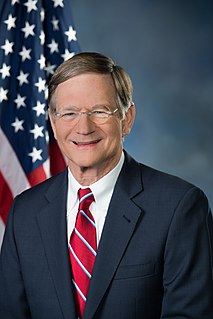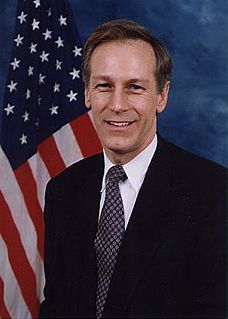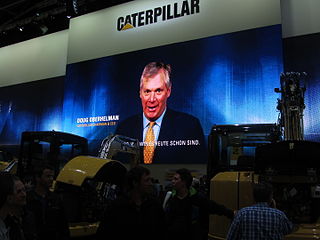A Quote by Kevin Brady
When American workers are losing their jobs to people in other countries, Washington cannot afford to ignore this disturbing trend any longer. While Democratic presidential candidates want to just blame U.S. corporations, the reality is that their strategy won't help protect American workers or save their jobs.
Related Quotes
The TPP is another corporate-backed agreement that is the latest in a series of trade policies which have cost us millions of decent-paying jobs, pushed down wages for American workers and led to the decline of our middle class. We want American companies to create decent-paying jobs in America, not just low-wage countries like Vietnam, Malaysia or China. The TPP must be defeated.
Apparently, union bosses are so distraught about declining enrollments they will stoop to exploiting illegal workers. There is no doubt that this would hurt American workers, who would suddenly face a flooded job market full of cheap foreign labor. It would depress the wages of the American workers and cost them jobs.
I think our responsibility as political leaders today, is to push our economic leaders to change their investment behavior, to decide new things, and to help workers to change their jobs. And I think the mistake that Donald Trump decided to make is exactly the mistake we made in France and in Europe. Which was to resist to the change in order to protect the old jobs. What we have to protect is people, not jobs. If you want to protect people, you retrain them.
I don't think people who are supporting the food movement ever want to be in a position where they are opposing the workers who are dependent on the system. The companies are very good at setting up workers and activists in opposition to each other, and getting the message out to workers that those people are threatening their jobs.
I share the skepticism that my friends have about NAFTA. It was woefully weak in protecting workers and on the enforcement side. The question is can we meaningfully build a trade regime that has as its North Star protecting American workers and American jobs through meaningful enforcement? I think we can.
With living wage jobs, basically 20 million of them to help jump-start a sustainable and healthy economy, with an insured, just transition, for example, for workers in both the fossil fuel and in the weapons industry, because they all need to transition to sustainable forms of production. This is also our answer to the departure of manufacturing jobs and good jobs by creating the manufacturing base here for clean renewable energy and the efficiency systems and public transportation to put these workers to work in jobs that are actually good for them.
That's an interesting paradox to think about. Make it legal and it's no good. Why? Because as long as it's illegal the people who come in do not qualify for welfare, they don't qualify for social security, they don't qualify for the other myriad of benefits that we pour out from our left pocket to our right pocket. So long as they don't qualify they migrate to jobs. They take jobs that most residents of this country are unwilling to take. They provide employers with the kind of workers that they cannot get. They're hard workers, they're good workers, and they are clearly better off.
































